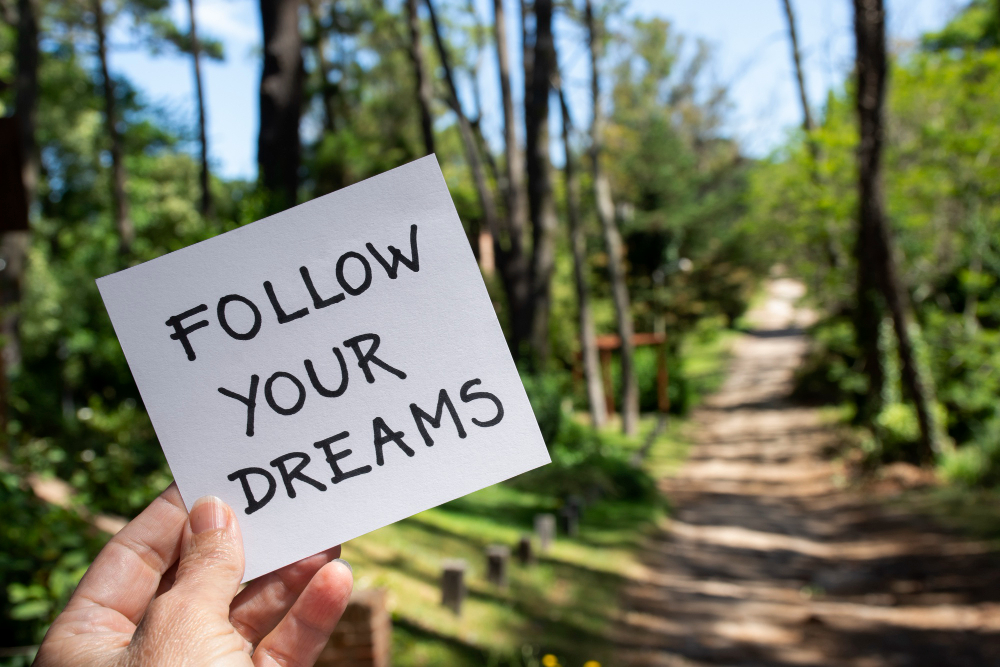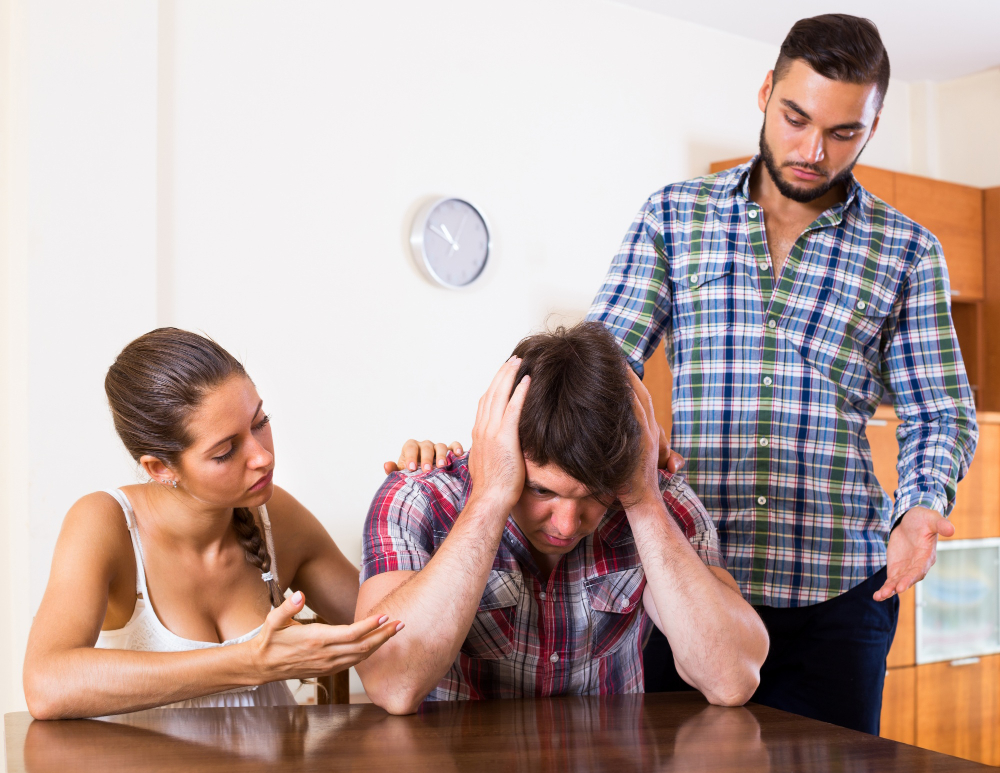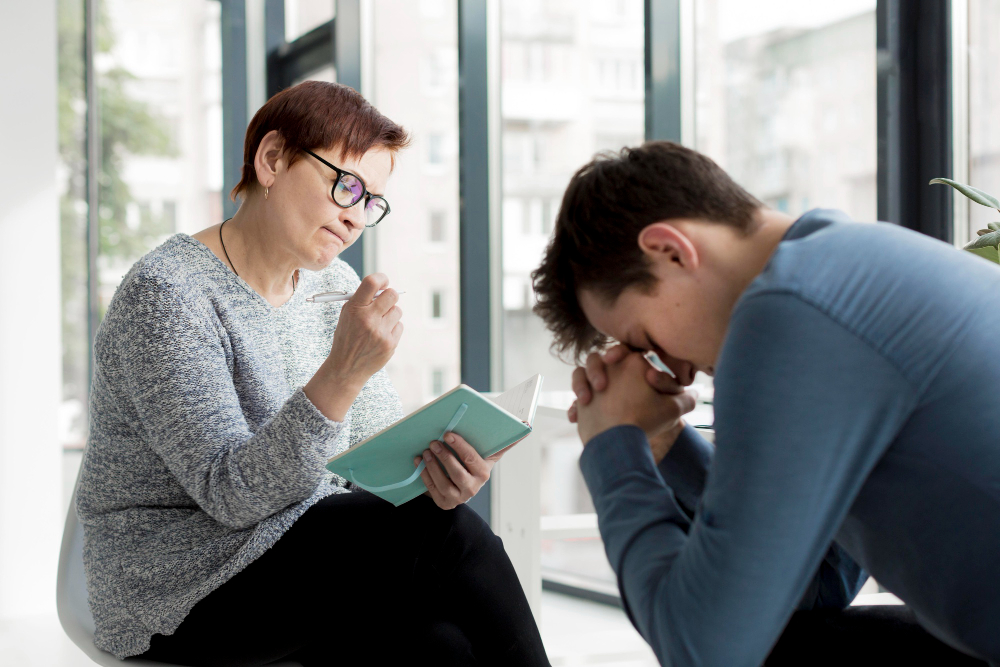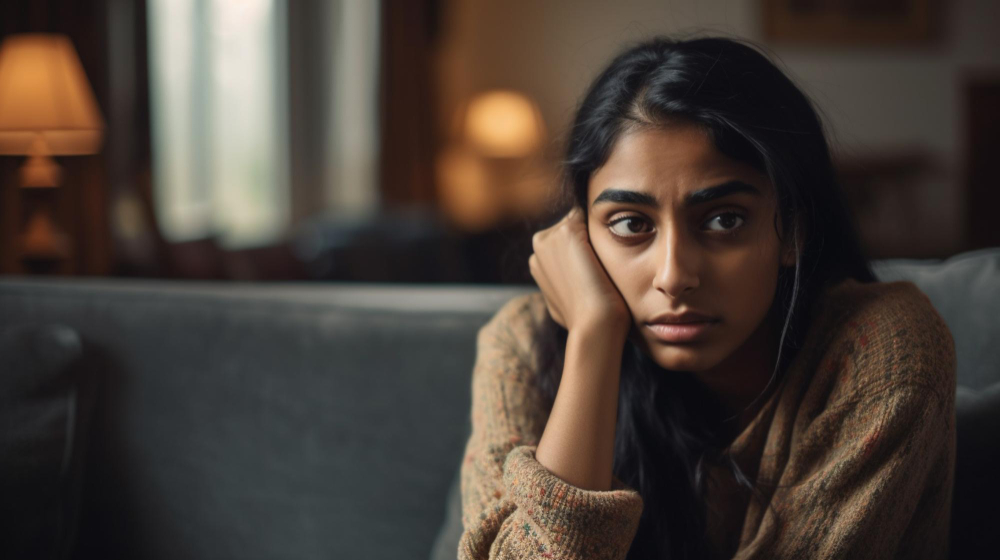As of 2019, globally, digital consumers spent about 2.5 hours daily on social networks and messaging to Global Web Index’s Social Media Trends 2019 report. With the pandemic onset, one could only imagine how the numbers must have gone up owing to the lockdown imposed throughout the time.
According to the magazine Psychology Today, Validation is the acknowledgement of other people’s thoughts, feelings and behaviours as acceptable, desirable and understandable. This definition talks about a general idea that ‘validation’ represents. What role does it take when the words’ Social Media added to the mix? One of being defined by likes, views, and comments by people around, whether friends or strangers. Social media looked to provide approval and acceptance. Immediately after posting a picture, your eyes are hooked to the screen keenly for likes and comments is perhaps the simple explanation of the term Social Media Validation.’
The question that arises, then, is why people seek validation. There are several explanations for this in psychology. Maslow’s Hierarchy of Needs is the first one that pops into my mind. Humanists describe a 5-tier pyramid of needs quintessential for human beings, one of which is the need for love and belonging explains why people seek acceptance from others. Validation also makes one feel confident and improves self-esteem though rejection and disapproval cause distress to the individual. Humans are social beings and want to be part of an in-group. Approval is foreseeing as the foremost essential being in a social circle. Glancing through these explanations, it only seems natural to want consent. So, when does the situation become undesirable? When it becomes a need. When one needs to be validated for the smallest of things, and not getting it stresses one out. An example of this could be worrying about how many likes one gets on social media.
The sole reason for social media for its existence is to bring people together and create a medium wherein different people and cultures can interact at the push of a button. However, the situation is not the same in the Real World. Social media sites employ mainly to show status. Men and women try to show one another down through pictures & posts displaying their lush lifestyles while also seeking praise for them. Not only psychologically, but social media also impacts brain activity! Such is the paradox that is social media.
A study was conducted at UCLA by Lauren E. Sherman and colleagues. The researchers showed them 148 photographs on a computer screen for 12 minutes, including 40 photos each teenager submitted; researchers analysed their brain activity using functional Magnetic Resonance Imaging (fMRI). Each pic also displayed the number of likes it had supposedly received from other teenage participants besides researchers assessing the number of likes in reality. “When the teens saw their photos with a large number of likes, we saw activity across a wide variety of regions in the brain,” a particularly dynamic area was a piece of the mind’s award hardware, she said and is considered to be very touchy during pre-adulthood. After the glimpse of their photographs with a higher number of likes, the scientists likewise noticed activation in districts known as the social mind and areas connected to the visual attention of teens. “In the study, this group of virtual strangers to them so far were still responding to peer influence.” (Sherman LE, Payton AA et el., 2016)
Social Psychologist Leon Festinger, who came up with the social comparison theory, believed that the media plays a substantial role in formulating what is attractive in society, increasing the thin beauty ideal among females unattainable. A study in 2015 by Fardouly & Vartanian concluded that women who were more active on social media had a poorer body image. Along with this, mental health takes a toll as a result of social media usage. Several studies on the impacts of social media indicate that excessive use of social media sites such as Facebook is related to negative signs and symptoms of depression and anxiety (Karim et al., 2020).
One of the basic features of social media is that it leads to social comparison. What is social comparison? As the term explains, it refers to comparing the self to others. According to the famous social comparison theory of Social psychologist Leon Festinger, human beings have an innate need to evaluate themselves about others. There are two kinds of comparison in this theory: Upward and Downward. Upward comparison occurs when one believes the other to be better.
Conversely, downward comparison occurs when the belief is that the other person is worse off. Upward comparison will invariably lead to feelings of inferiority. The theory applies to social media fittingly and can cause stressful situations for the person in question.
Finally, the question is What can we do to reduce this? According to Psychology Today, the first step in improving this habit is to ask oneself what kind of approval we want from others. Once there is awareness about what one needs appreciation for, the next step would be the realisation that this may be too futile a matter for validation. Along with this, one also needs to learn self-validation. The first person to ask at any moment should be oneself. When you depend on people to lift you, you’re giving them the power to break you down, too. You are most distinguished to know yourself and never let that go.
Dr Nisha Khanna is a leading Depression Counsellor/Psychologist who proffers online, telephonically and face-to-face Counselling Services. If you are in Delhi, India or any other part of the World, you can approach us through any of these mediums. For details, visit Bye Tense, or call us at +91-9918211474




Follow Us